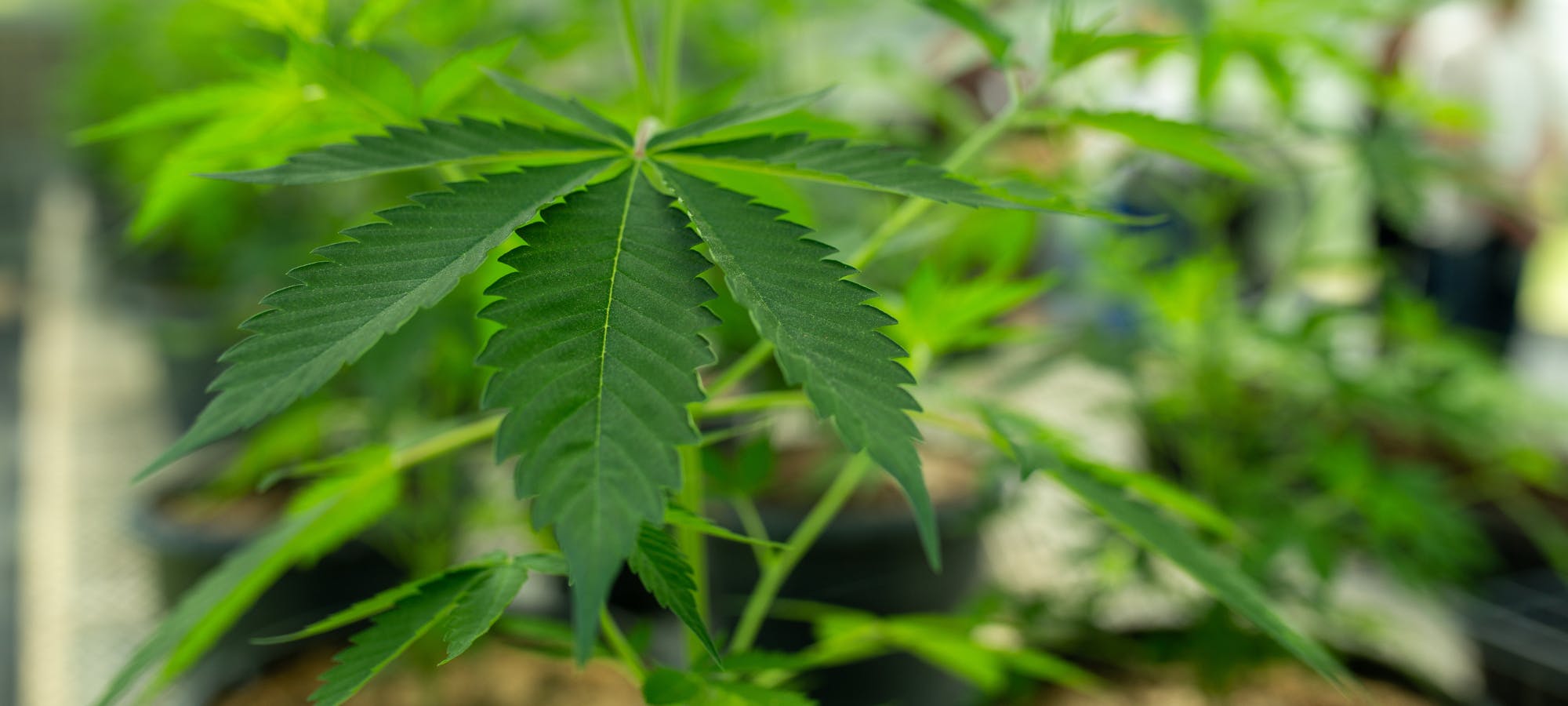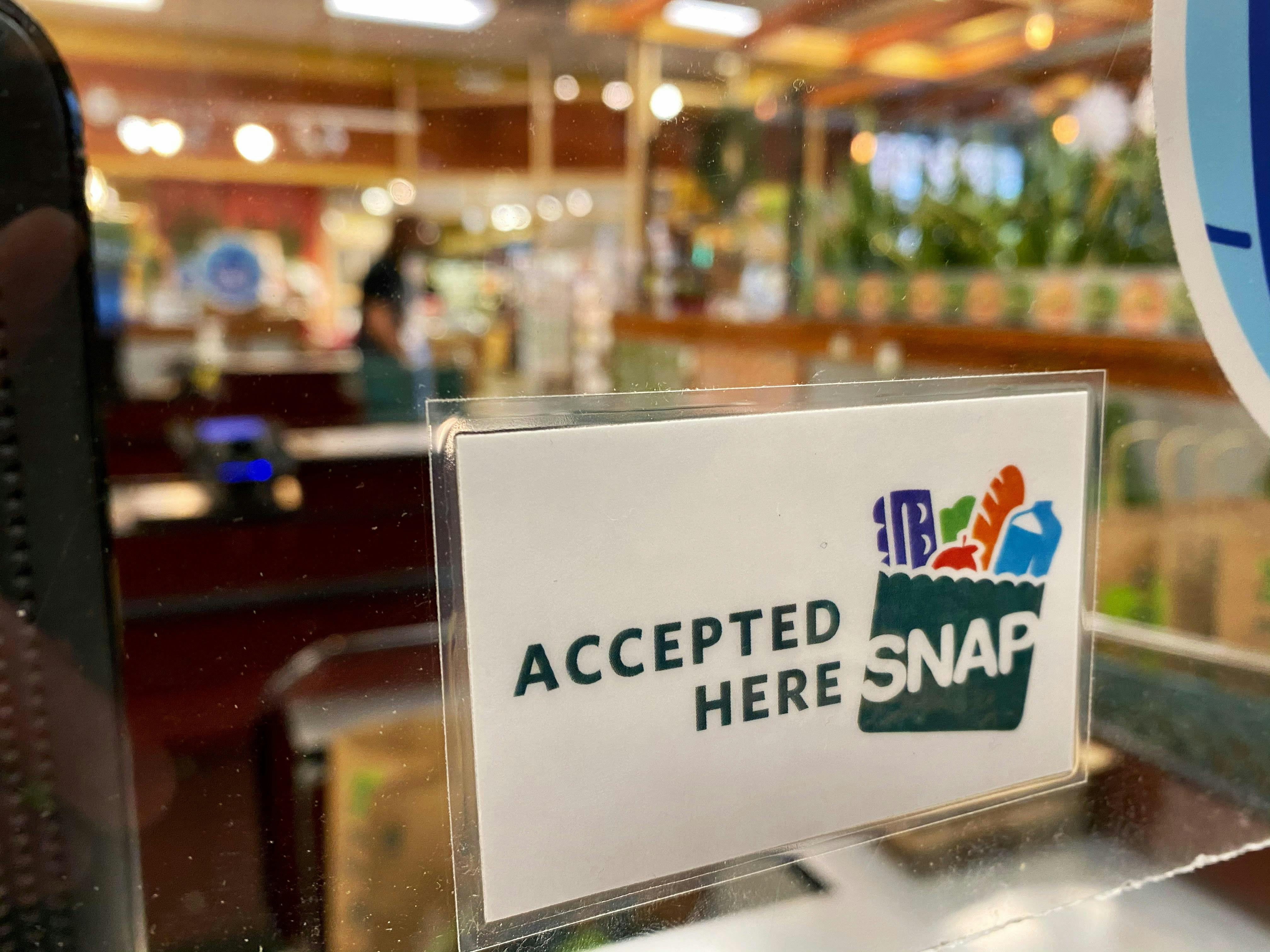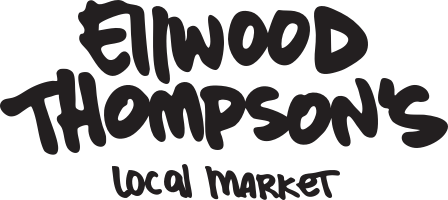Having worked in the supplement industry for about 8 years, I can say with some certainty that supplement and holistic health fads come and go all the time. It was always an eye roll moment amongst my co-workers when Dr. Oz came out with some new product to promote, or a questionable health website sang the praises of an unheard of seed pod from a distant land with absolutely zero research to back up their claims. Point being – when it comes to health and wellness, websites always need new content, and they know people are always on the lookout for “the next best thing” with little interest in legitimate data or research before flocking to the store to buy the newly minted cure-all. But those of us who have been in the industry for a while and who practice professionally, we’re drawn to a very different set of standards when we choose to use supplements or medical herbs or foods for therapeutic use.
These standards usually consist of things like third party testing, clinical research trials (ideally with a human population), clinical use (how these foods and herbs have been used in an individual clinical setting), and to me, most importantly, is traditional use – how people have been using certain herbs and foods for generations and to what outcome. I feel like I’ve hit the jackpot when I find all of these standards met with a particular class of medicines, and when it comes to medicinal mushrooms – they have all the goods to back up the claims.
You’ve probably seen medical mushrooms already on the supplement store shelves and books about fungi and mushrooms all over the health and wellness shelves at your local bookstore, and there’s a reason. In the past 30 years, research on medicinal mushrooms like turkey tail, maitaki, chaga, lions mane, cordyceps and Reishi have really taken off, and it’s mostly thanks to a man names Paul Staments – a dedicated mycologist and mushroom cultivator for over 40 years. He’s been a resounding advocate for mushroom research in this country and has started his own mushroom cultivation and laboratory in Washington state. As with any herbal medicine, appropriate growing conditions, processing and especially extraction processes can mean the difference between a powerful medicine, or a nutrient devoid plant. With his mushroom brand, Fungi Perfecti, he’s really perfected the growing, sourcing, processing and extraction process of powerfully medical mushrooms and offered them to consumers and research facilities alike.
Mushrooms can be used for a vast array of health supporting benefits. They’re notably effective as deep immune tonics to support everything from seasonal immunity to being the center of hundreds of cancer clinical trials over the past several decades (see some examples here, here and here.) They’re also extremely rich in nutrients like proteins, complex carbohydrates, B vitamins, Vitamin D, calcium, polysaccharides and even iron. As an added bonus – most of them are extremely safe to take and work best when taken long term, so adding them in rotation to your daily diet or supplement routine is encouraged for long term results. You may also start seeing products containing mushroom powders as smoothie additions and even in chocolate and protein bars. Another glorious things about mushrooms – you can take them in a variety of forms (tincture extract, capsules, powders, in broths and soups!), and they still offer tremendous benefits.
Seeing has how mushrooms have been used for generations and generations, plus the recent research to support their health claims, I would strongly encourage anyone interested in trying mushrooms to do some research themselves and see how they can be best used for your own health. If you have questions or curiosities about including medicinal mushrooms in your diet or wellness routine, schedule a free health coaching appointment with me on a Thursday evening and we can dive into the world of medicinal mushrooms! Email healthcoach@ellwoodthompsons.com to request an appointment.
For further reading on various types of medicinal mushrooms and their accompanying research, browse this library.











